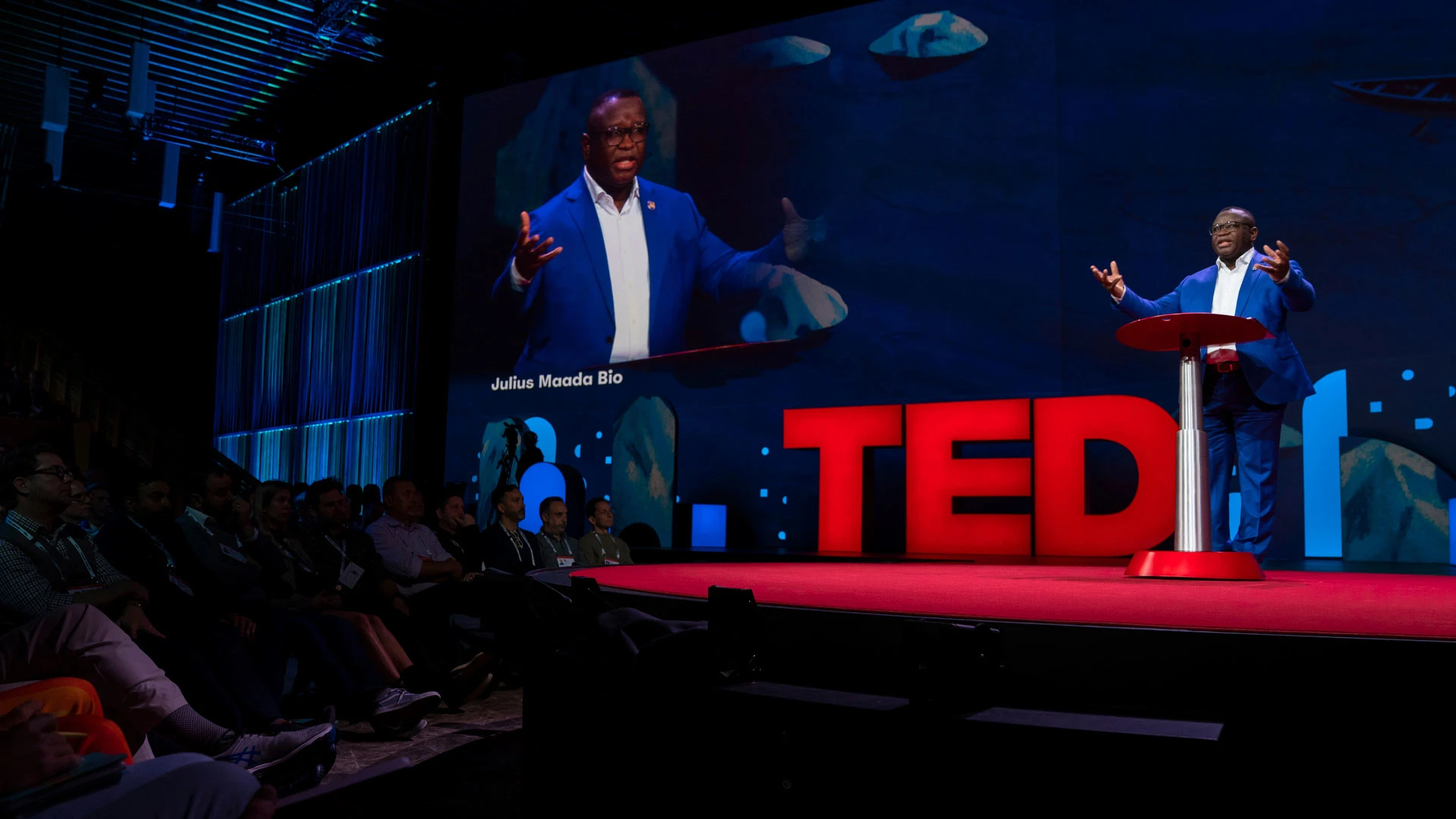
Curation 101: The Art of Selecting Remarkable TED Talks
The art of curating TED talks goes far beyond simply selecting interesting speakers. It’s about crafting a transformative experience that sparks creativity, challenges perspectives, and ignites meaningful conversations. Whether you’re organizing a TEDx event or simply interested in understanding what makes great talks stand out, here’s your guide to masterful curation.
Understanding the Essence of TED
At its core, TED represents the convergence of three powerful domains: Technology, Entertainment, and Design. However, today’s TED encompasses much more – from science and business to global issues and personal development. The best curators understand that it’s not just about individual talks, but about weaving together diverse perspectives that create a cohesive narrative.
Key Elements of Outstanding Talks
1. Novel Ideas Worth Spreading
The foundation of any great TED talk is an idea that challenges conventional thinking. Look for speakers who:
- Present fresh perspectives on familiar topics
- Offer solutions to persistent problems
- Connect seemingly unrelated concepts in innovative ways
- Share breakthrough research or discoveries
- Challenge existing paradigms with evidence-based insights
2. Authentic Storytelling
Compelling speakers don’t just present information – they craft narratives that resonate emotionally. Prioritize speakers who:
- Share personal experiences that illuminate broader truths
- Use concrete examples to illustrate abstract concepts
- Demonstrate vulnerability and genuine passion
- Connect with audiences through relatable stories
- Balance emotional appeal with intellectual substance
3. Practical Impact
The most memorable talks bridge the gap between theory and practice. Seek presentations that:
- Offer actionable insights
- Demonstrate real-world applications
- Provide tools for positive change
- Show measurable results
- Inspire immediate action
Creating a Balanced Program
Diversity of Perspective
A well-curated TEDx event should feature:
- Multiple disciplines and fields
- Various presentation styles
- Different cultural viewpoints
- Contrasting approaches to similar problems
- Both established experts and emerging voices
Rhythm and Flow
Consider the emotional journey of your audience by:
- Starting with high energy to capture attention
- Alternating between heavy and light topics
- Including moments for reflection
- Building toward powerful conclusions
- Creating natural transitions between talks
The Curation Process
1. Initial Research
Begin with a broad search:
- Review recommendations from trusted sources
- Follow thought leaders in various fields
- Monitor emerging trends and breakthrough research
- Network within your local community
- Engage with academic and professional institutions
2. Speaker Evaluation
Assess potential speakers based on:
- Expertise and credibility in their field
- Speaking ability and stage presence
- Previous presentation experience
- Commitment to preparation and coaching
- Alignment with TED’s mission and values
3. Content Development
Work with selected speakers to:
- Refine their core message
- Structure their presentation effectively
- Develop compelling visual aids
- Practice delivery and timing
- Incorporate feedback and improvements
Best Practices for Curators
1. Stay Current
Maintain awareness of:
- Emerging global trends
- Scientific breakthroughs
- Social movements
- Technological innovations
- Cultural shifts
2. Build Relationships
Develop strong connections with:
- Previous speakers
- Academic institutions
- Industry leaders
- Community organizations
- Other TEDx organizers
3. Think Long-term
Consider the lasting impact by:
- Building a speaker alumni network
- Documenting curation processes
- Gathering audience feedback
- Measuring talk performance
- Sharing insights with the broader TEDx community
Conclusion
Successful curation is both an art and a science. It requires careful attention to detail, deep understanding of your audience, and a commitment to TED’s mission of spreading powerful ideas. By following these guidelines while remaining open to innovation, you can create memorable events that inspire and transform your community.
Remember that great curation isn’t about finding the most famous speakers or the most dramatic stories – it’s about discovering authentic voices that can share meaningful ideas in ways that move and inspire others to action.
Jerome Tana
Thu Jul 08 2021

